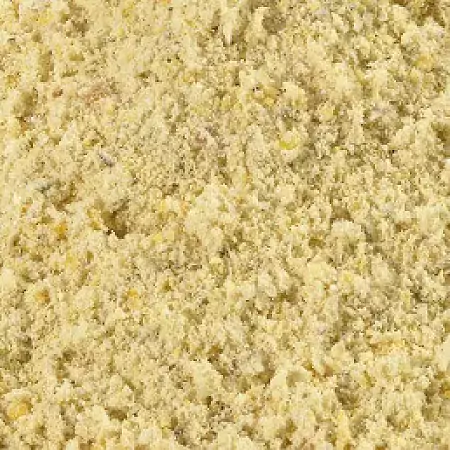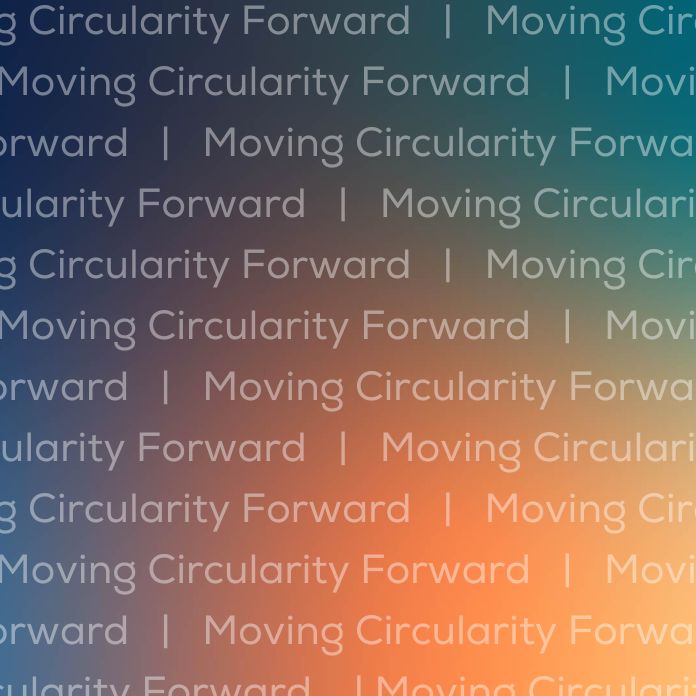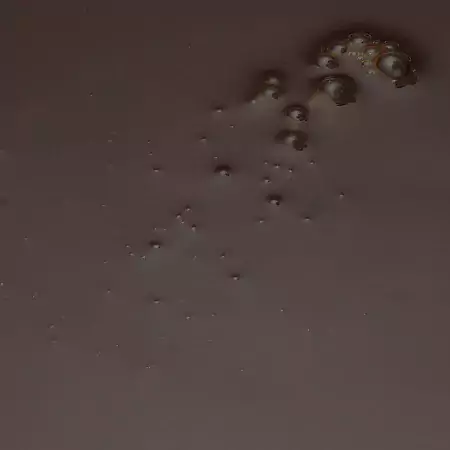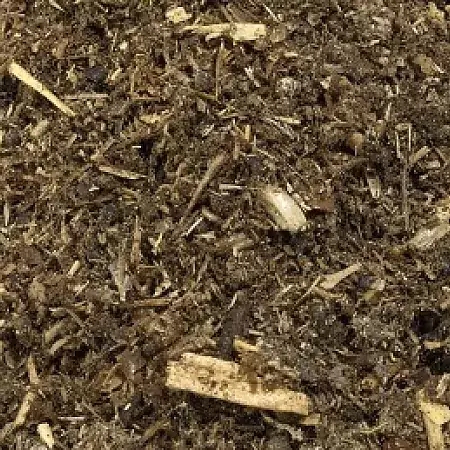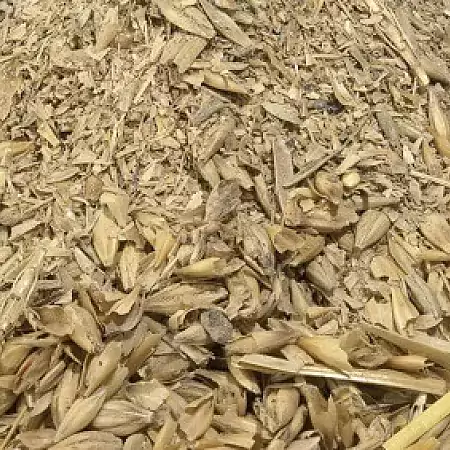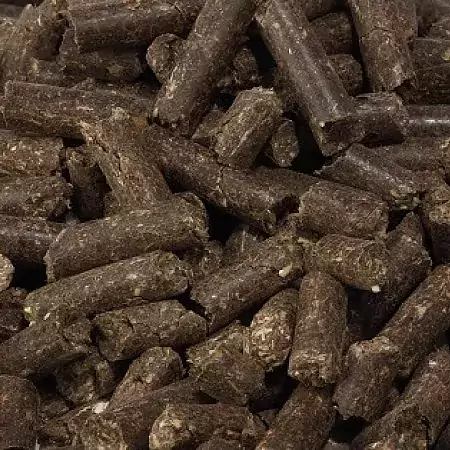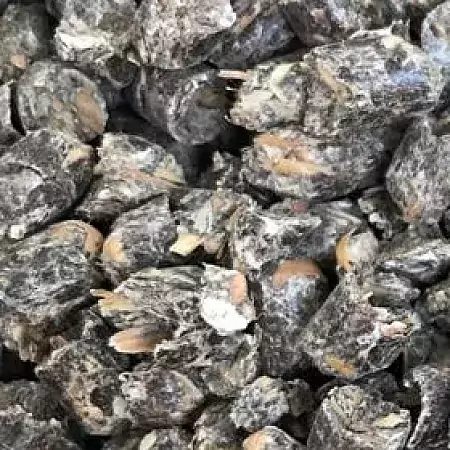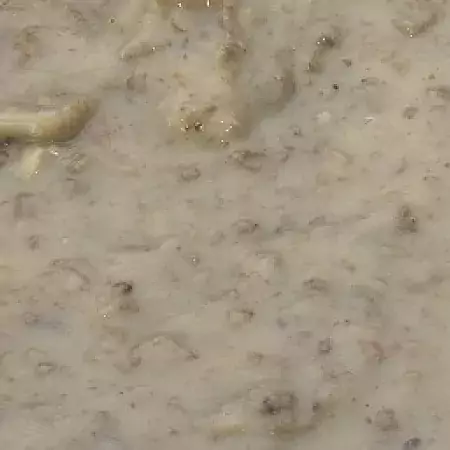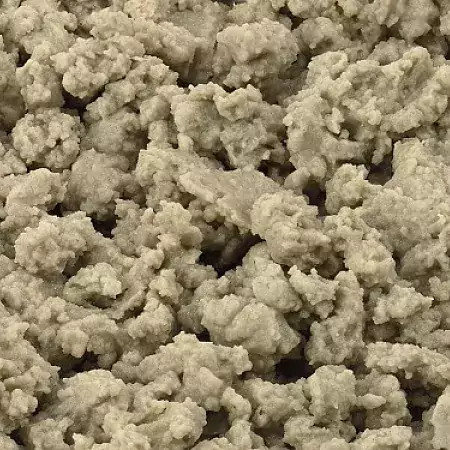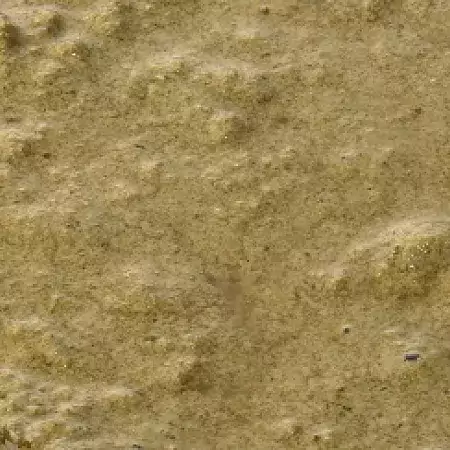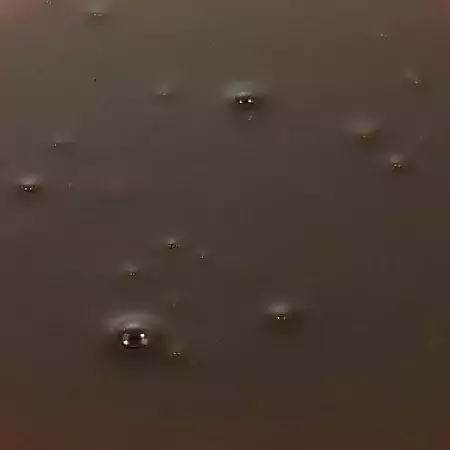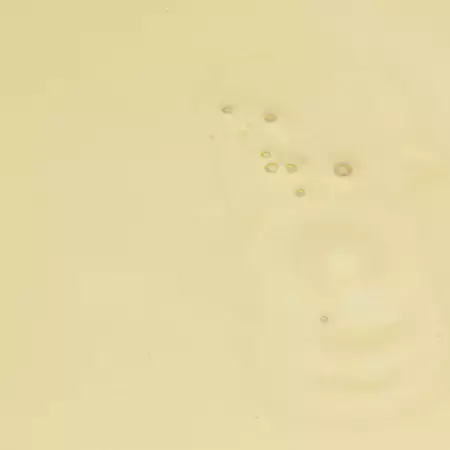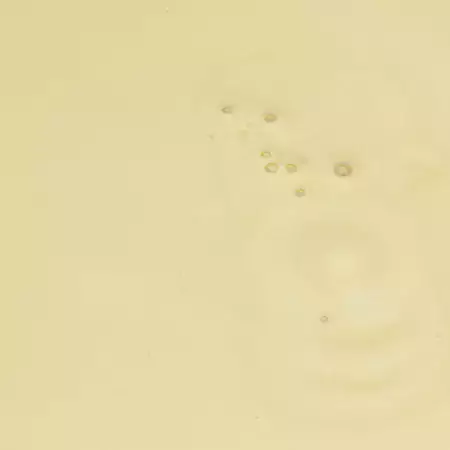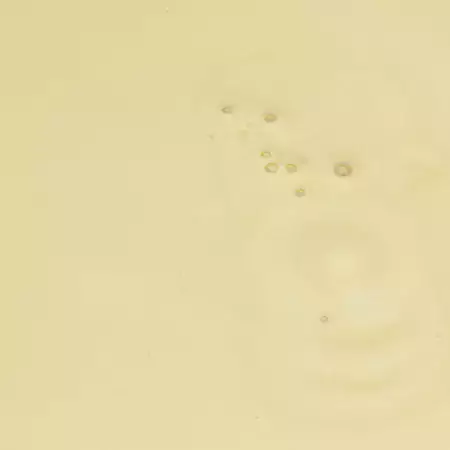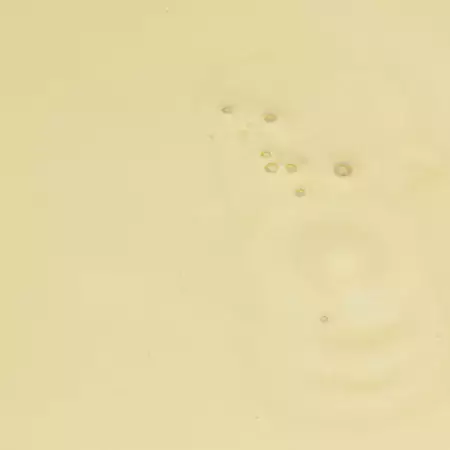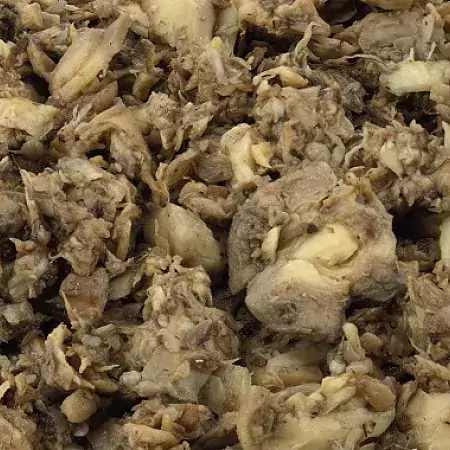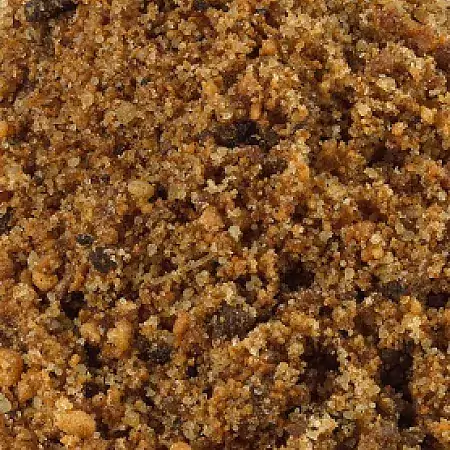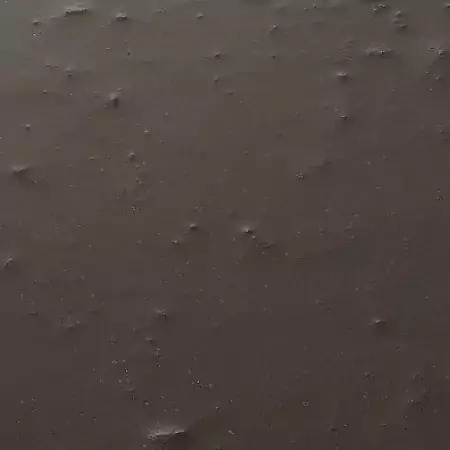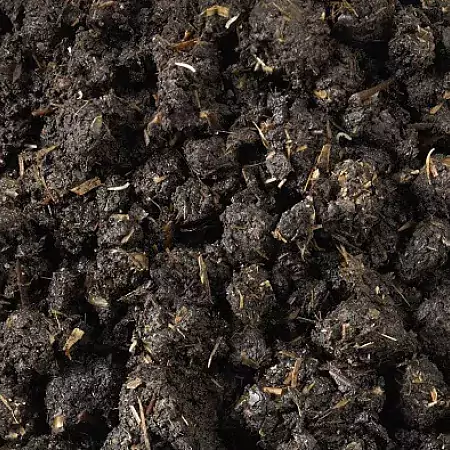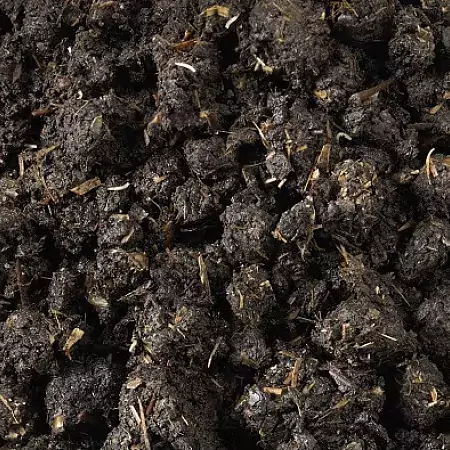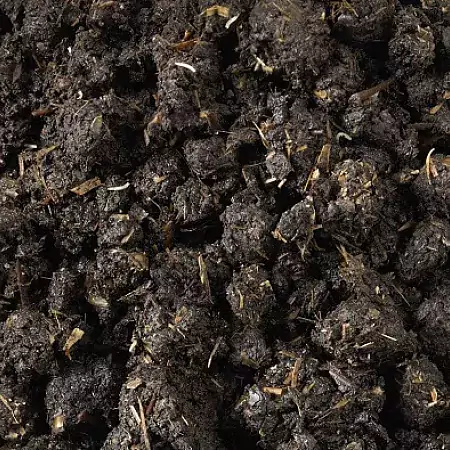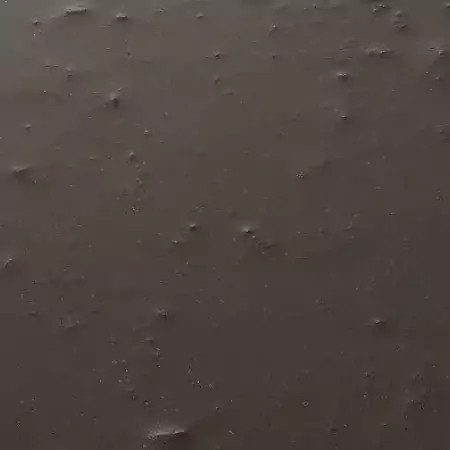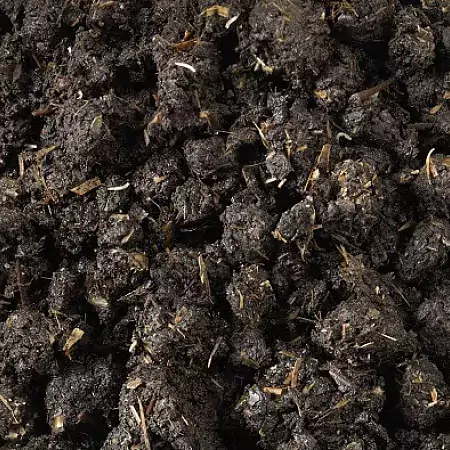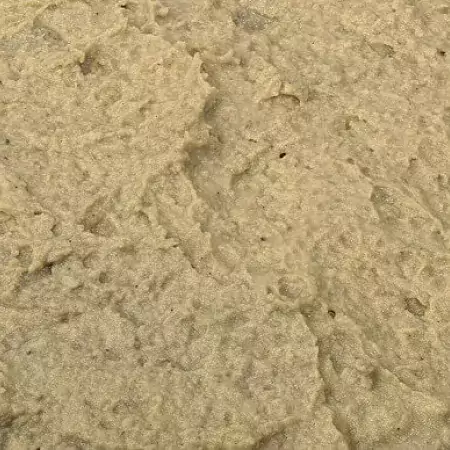Renewables, efficient valorization of co-products
With the help of the Looop Ladder, we at Looop are committed to valorising co-products as efficiently as possible, thus reducing our social footprint. So, instead of dumping or incinerating these co-products - which routinely happened in the past - we upgrade them. One way we do this is by processing them, or giving them a new purpose - a 'second life', as it were. The production of consumer goods also generates co-products that are no longer suitable for bio-based materials and human or animal consumption. Nevertheless, these so-called residual flows remain a source of valuable raw materials. Which makes them eminently suitable for generating renewable energy and producing soil improvers, or for use as clean water.
Navigate through our renewable markets
Sustainable Energy
Co-products play an important role in the energy transition. This is because the production of organic (consumer) goods creates flows that are no longer suitable for feed and food. These flows constitute a sustainable biomass. The word "biomass" hasn't always had positive connotations; after all, either the origins of the mass itself are sometimes unclear, or it has a negative impact on the environment. However, it is precisely by using residual flows as biomass that we can reduce the felling, specific cultivation and harvesting involved in energy production. In this way, we can create an alternative sustainable biomass. This sustainable biomass can be fermented, allowing us, for example, to generate bio- and, subsequently, green gas. In addition to solar, water and wind energy, biomass can also be used in both biogas and power plants as a renewable energy source. By doing so, we are replacing scarce fossil fuels that are required for the production of green gas, bioethanol and electricity. Looop has a wide range of co-products (and their forms) that are suitable for a variety of processing routes.
Would you like more information about the right co-products for the processing you are involved in?
Soil improvers
Healthy soil is one of the main pillars of circular agriculture. Various co-products from the agri-food sector are ideal for use as soil improvers. The essential function of soil improvers is to improve the biological and physical properties of the soil. Soil improvers and fertilisers are therefore essential for healthy, strong crops and grasses. Organic co-products are rich in nutrients and minerals. They contain valuable soil nutrients such as nitrogen, phosphorus and potassium.
At Looop, we supply a variety of organic fertiliser products and soil improvers.
Composting
Thanks to micro-organisms, organic co-products can be converted into soil improver compost. As well as converting organic co-products into high-quality raw materials, composting is a natural way of closing the loop. The quality of compost depends on the composition of the various (by)products. This composition impacts on, among other things, the organic matter and nitrogen content of the compost. The organic matter, (macro)nutrients and carbon in the soil all contribute to soil fertility and health. Depending on the purpose of the compost, the optimal composition of this soil improver may vary.
Curious about our co-products suitable for composting?
Water purification
In addition to being essential for human life, clean water is also important for a healthy environment and nature. For example, it contributes to healthy soil, which is essential for the flora and fauna around us. Due to the intensive use of our soil, however, the importance of clean water is only increasing. Which is why it is crucial that we purify our groundwater and rivers, ditches and ponds. By using liquid residual flows to generate renewable energy, these residual flows can be purified and subsequently returned to nature. This fresh water goes back to nature through local water systems, or can be used, for example, in irrigation or process water for industrial purposes. In the production of goods in the food and fermentation industries, both solid and liquid co-product flows are created that are suitable for processing in purification and fermentation plants.
Looop will be happy to look at the possibilities with you.
Renewables
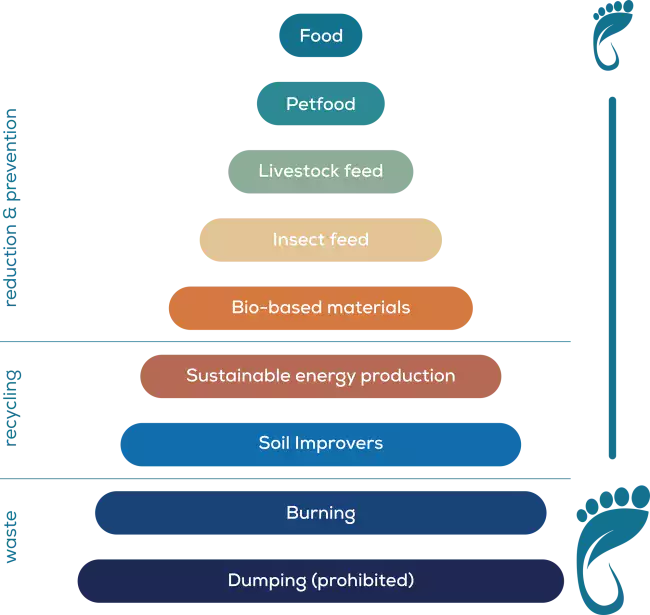
Renewables in the Looop Ladder
We make the most of our co-products and, together with our partners, have created a closed loop that keeps co-products moving smoothly.
Using the Looop Ladder, we handle waste flows as efficiently as possible. Instead of throwing away, incinerating or dumping co-products, we upgrade them, thereby preventing waste. In addition to renewable energy sources and innovative, bio-based products, we also reintroduce co-products as high-quality feed for pigs and cattle and raw materials for pet food such as dog and cat food.


